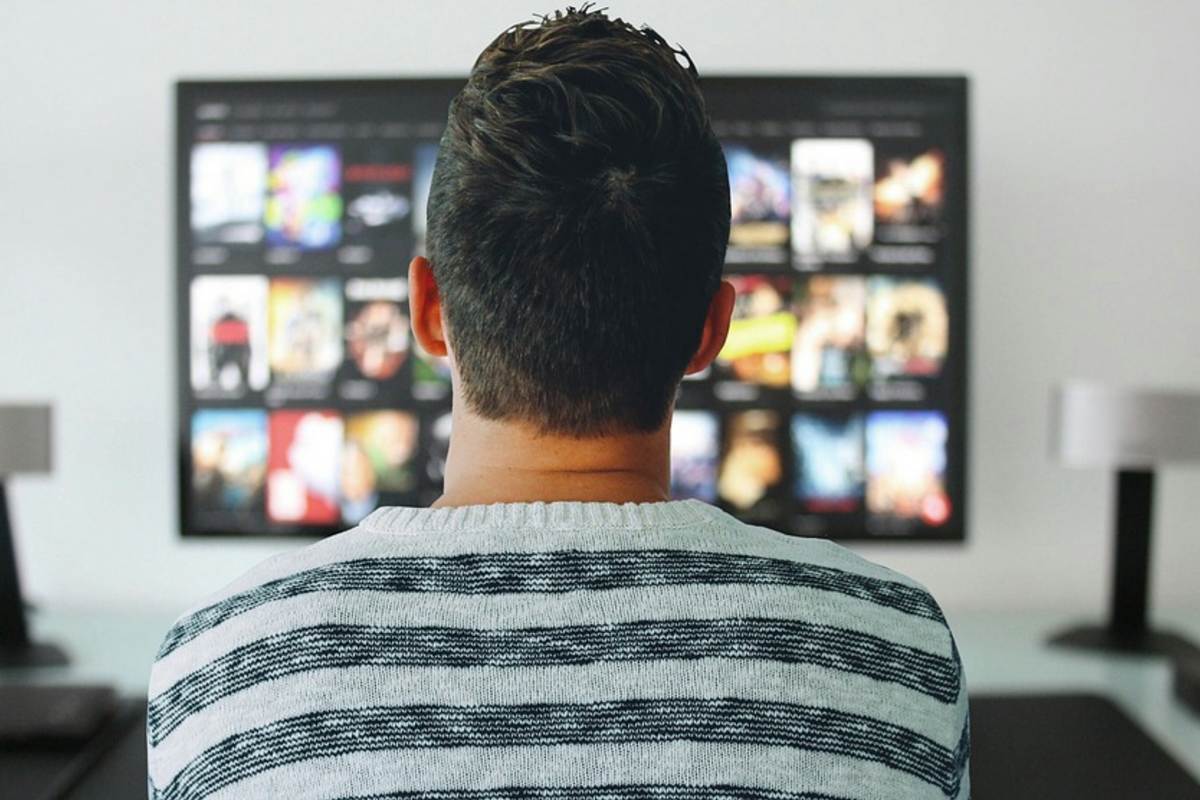Featured
Binging on Netflix, YouTube is heating up the planet

Your online binge watching is putting the environment at a risk. Digital technologies are emitting four percent of greenhouse gas emissions, and its energy consumption is increasing by nine percent annually, finds a recent study by The Shift Project.
What does this mean?
The ease of online streaming services such as Netflix, Amazon Prime and Hulu comes with an expensive environmental cost tag. Just a half-hour online binge is leading to emissions of 1.6 kilograms of carbon dioxide equivalent.
“We live in a world where only one form of digital use, online video, generates 60% of world data flows and thus over 300 million tons of CO2 per year,” says the report.
In this 60% of global data flows generated by online video, which is divided into Video on Demand (such as Netflix, Amazon Prime and Hulu), tubes (Youtube and Vimeo) and others. Most of the online traffic – 34 percent – comes from streaming videos.
In 2018, digital use represented 20 percent of greenhouse gas emissions of all digital devices (use and production included). Online video viewing generated more than 300 metric tons of carbon dioxide equivalent (MtCO2 eq) – an amount equivalent to Spain’s greenhouse gas emission or one percent of total global emissions.
Read: Mobile wallets to messaging apps: Top shopping trends of UAE revealed
The greenhouse gas emissions of videos on demand services alone is 100 MtCO2 eq – equivalent to those of a country like Chile.
Digital Consumption Pie
The study says maximum energy consumption of digital consumption is consumed by terminals, data centre and computers.

Courtesy: The Shift Report
Digital sobriety
In the 21st century, not choosing the environment is no longer a viable option, says the Shift report.
Digital sobriety – which involves regulation of uses – is the need of the hour.
“Implementing sobriety in online video uses means reducing the use and size of video files. This requires a regulation of the uses with precise procedures, and thus a societal debate. The uses of digital technologies are to a great extent the product of a system, and not the sole result of individual consumer behavior. While regulation can be grounded in existing tools and organizations, it also requires a societal debate. Indeed, in a world confronted by such limitations as those imposed by climate change and the depletion of natural resources, not choosing between uses will lead to the random imposition of constraints rather than to arbitration between options,” says the study.
Read: Netflix Experiment Lets You Watch Movies at 1.5 Times the Speed
“From the standpoint of climate change and other planetary boundaries, it is not a question of being ‘for’ or ‘against’ telemedicine, Netflix or emails: the challenge is to avoid a use deemed precious from being impaired by the excessive consumption of another use deemed less essential. This makes it a societal choice, to be arbitrated collectively to avoid the imposition of constraints on our uses against our will and at our expense,” it adds.
-

 Banking & Finance2 months ago
Banking & Finance2 months agoOman Oil Marketing Company Concludes Its Annual Health, Safety, Environment, and Quality Week, Reaffirming People and Safety as a Top Priority
-

 News2 months ago
News2 months agoJamal Ahmed Al Harthy Honoured as ‘Pioneer in Youth Empowerment through Education and Sport’ at CSR Summit & Awards 2025
-

 OER Magazines2 months ago
OER Magazines2 months agoOER, December 2025
-

 News2 months ago
News2 months agoAI Security Conference 2025 Hosted by Securado Highlights the Changing Cybersecurity Landscape
-

 Insurance1 month ago
Insurance1 month agoSupporting Community Wellness: Liva Insurance Sponsors Muscat Marathon 2026 with Free Health Checkups
-

 Interviews1 month ago
Interviews1 month agoEXCLUSIVE INTERVIEW: TLS Rebranding Marks Strategic Leap Toward Innovation, Sustainability & Growth
-

 Insurance1 month ago
Insurance1 month agoLiva Insurance Supports Community Wellness Through “Experience Oman – Muscat Marathon 2026”
-

 Investment2 weeks ago
Investment2 weeks agoLalan Inaugurates Its First Overseas Manufacturing Facility, Marking Sri Lanka’s First Investment in SOHAR Freezone





























